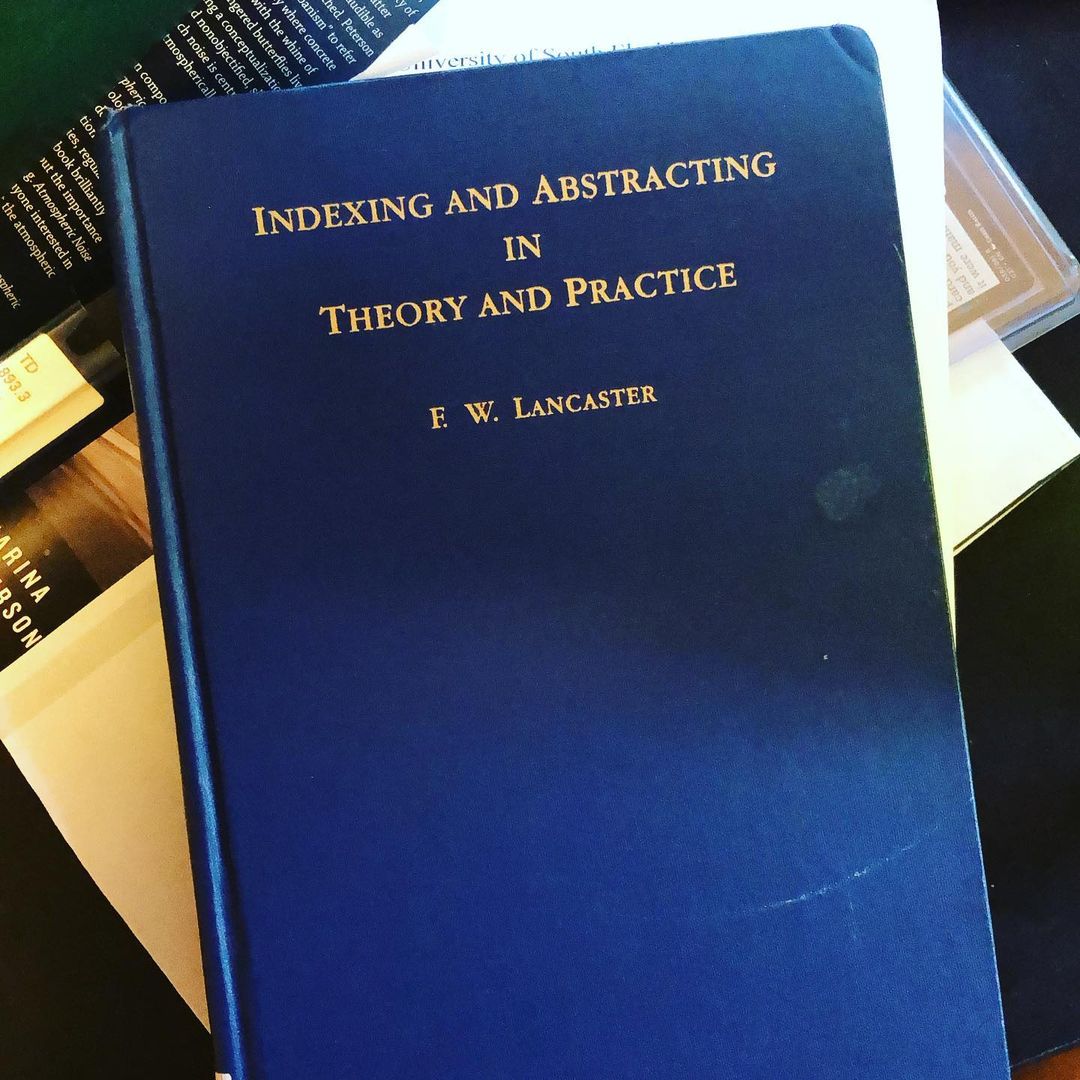In a previous post I looked at which presses most often publish the winners for the CCCC Outstanding Book Award. The idea was to identify institutions that have significant power in deciding what is considered to be quality scholarship for people in rhetorical studies, in this case those associated with CCCC. Below is a chartContinue reading “PhD Granting Institutions of CCCC Outstanding Book Award Winners, 1991-2022”
Tag Archives: rhetoric
Publishers of CCCC Outstanding Book Award Winners, 1991-2022
This is a follow-up to the Library of Congress Classifications for CCCC Outstanding Book Award Winners, 1991-2018 post. Using the same data, I output this chart that shows which publishers have published the books recognized by the Conference on College Composition and Communication. The most frequent (SIU Press, University of Pittsburgh Press, Utah State UniversityContinue reading “Publishers of CCCC Outstanding Book Award Winners, 1991-2022”
Library of Congress Classifications for CCCC Outstanding Book Award Winners, 1991-2018
I’ve been collecting data on subjects/topic classifications in rhetorical studies for about a decade now. The goal is to eventually publish an interactive data project that provides lots of different access points to better understand who is teaching/researching/writing about rhetoric. After taking a break to finish other projects, I’m finally able to start the projectContinue reading “Library of Congress Classifications for CCCC Outstanding Book Award Winners, 1991-2018”
Map and Contact Information for RSA Student Chapters
The data for this map was taken from the RSA Student Chapter Page. Some of the contact information is likely outdated.
Information Technologies and Mnemonic Technê
I posted this picture on Instagram as a joke, saying that I’m excited about working with book as soon as this semester has ended. One of the things I realized I didn’t do very well in “Architects of Memory” was to highlight key technological moments when/where a small number of people “invented” a type ofContinue reading “Information Technologies and Mnemonic Technê”
Invisible Colleges in Rhetoric and Composition, Part II
The following chart helps show the distribution of faculty placement that I described here. Here’s a recap of the data and how it was collected. I recorded the names of faculty associated with a rhetoric and composition program from each school listed as a member of the Consortium of Doctoral Programs in Rhetoric and Composition.Continue reading “Invisible Colleges in Rhetoric and Composition, Part II”
Invisible Colleges in Rhetoric and Composition
* updated with a note on data collection 5/2/15 The Invisible College was introduced in Diana Crane’s book Invisible Colleges: Diffusion of Knowledge in Scientific Communities. The idea is a foundational part of sociology of science. Crane suggests that the memberships of knowledge communities influence the diffusion of ideas and what communities come to knowContinue reading “Invisible Colleges in Rhetoric and Composition”
Popular Sources/Authors in Professional and Technical Communication
Professional and Technical Communication is a relatively new field, with a fairly small set of journals that are central to the field. According to studies by Smith and Lowry et al. these are the core PTC journals: The Journal of Business and Technical Communication, IEEE Transactions on Professional Communication, The Journal of Technical Writing andContinue reading “Popular Sources/Authors in Professional and Technical Communication”
